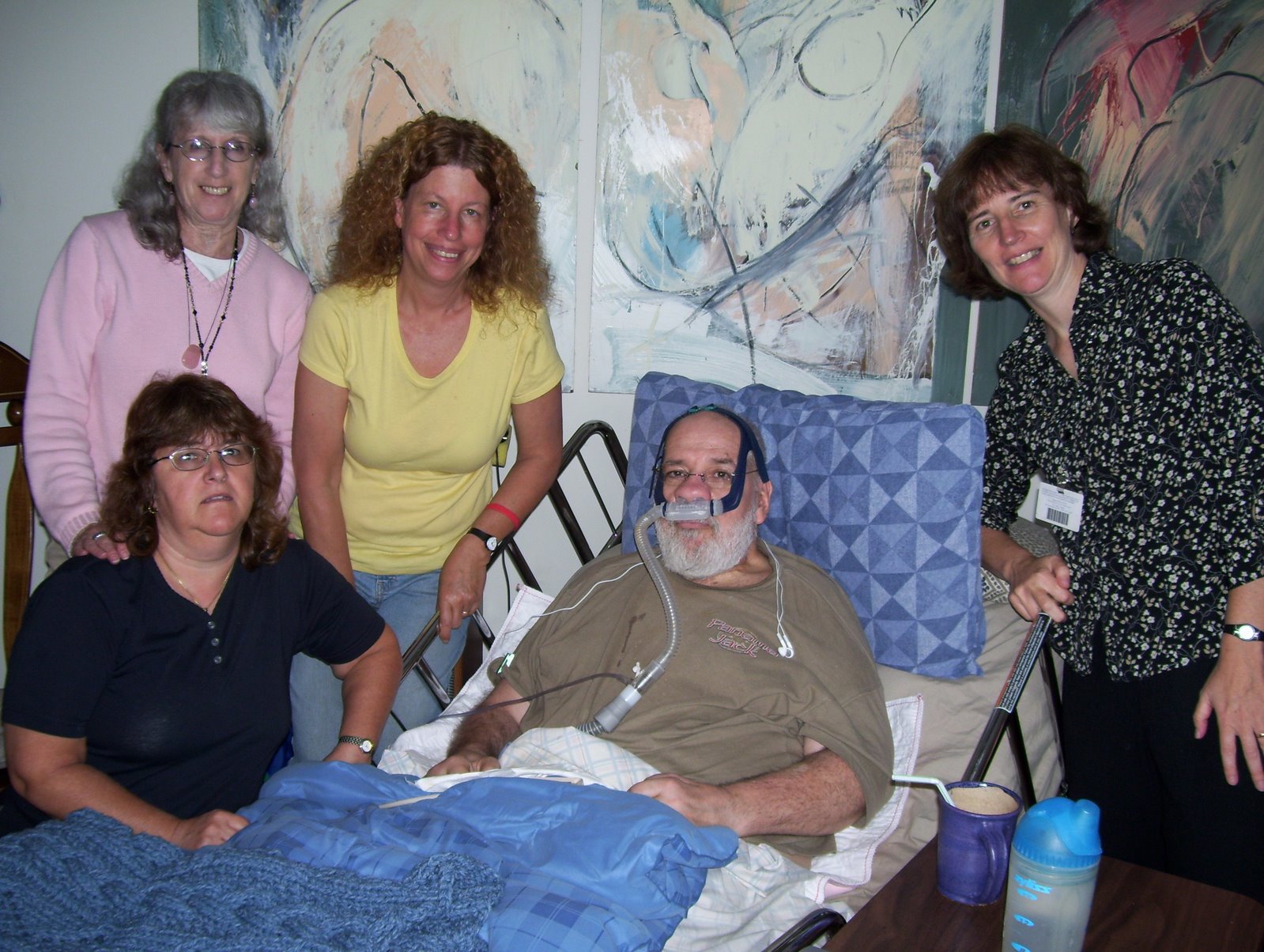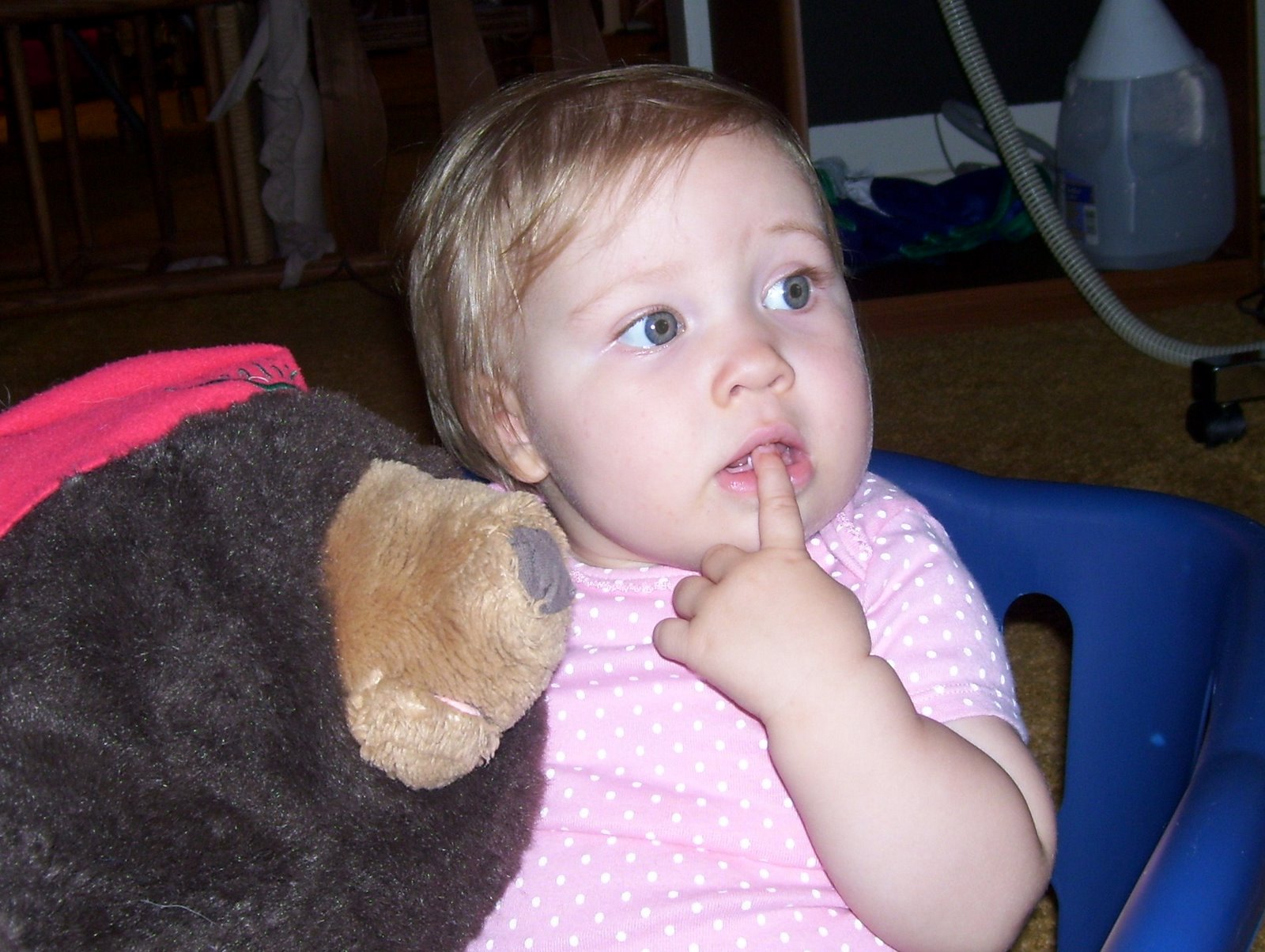
October 25, 1415 was the battle of Agincourt. The Battle of Agincourt was fought between the English and the French. The French had the English significantly outnumbered. Henry the V, commonly called Harry, gave a speech that rallied his troops to win the day.
In 1599 William Shakespeare immortalized Harry's words.
"This day is called The Feast of Crispian.
He that outlives this day, and comes home safe, will stand a tiptoe when this day is named,
And rouse him at the name of Crispian.
He that shall live this day, and see old age, will yearly on the vigil feast his neighbors,
And say, 'Tomorrow is St. Crispian.'
Then will he strip his sleeve and show his scars,
And say, 'These wounds I had on Crispian's Day.'
Old men forget; yet all shall be forgot,
But he'll remember, with advantages,
What feats he did that day. Then shall our names,
familiar in his mouth as household words -
Harry the King, Bedford and Exeter,
Warwick and Talbot, Salisbury and Glouster --
be in their flowing cups freshly remembered.
This story shall the good man teach his son;
and Crispin Crispian shall ner go by,
From this day to the ending of the world,
But we in it shall be remembered --
We few, we happy few, we band of brothers;
For he today that sheds his blood with me
Shall be my brother; be he ne'er so vile,
This day shall gentle his condition;
And gentlemen in England now a-bed
Shall think themselves accurs'd they were not here,
And hold their manhoods cheap whilst any speaks
that fought with us upon St. Crispin's Day."
October 25, 2007 will be the second anniversary of my terminal diagnosis. Like Harry, Glouchester, Salisbury and Exeter; I, too, would like to be remembered on St. Crispin's Day. It seems appropriate since King HenryV and Shakespeare took the lowly saint of cobblers and leather workers to such a great height. One would think that the most often quoted speech from Shakespeare would be from Hamlet, MacBeth, or Othello, but because of the fortitude and meaning of Harry's words, the above by far is the most quoted of Shakespeare's words.
To those who are in the same situation as me -- we, too, can start our own band of brothers.
In 1599 William Shakespeare immortalized Harry's words.
"This day is called The Feast of Crispian.
He that outlives this day, and comes home safe, will stand a tiptoe when this day is named,
And rouse him at the name of Crispian.
He that shall live this day, and see old age, will yearly on the vigil feast his neighbors,
And say, 'Tomorrow is St. Crispian.'
Then will he strip his sleeve and show his scars,
And say, 'These wounds I had on Crispian's Day.'
Old men forget; yet all shall be forgot,
But he'll remember, with advantages,
What feats he did that day. Then shall our names,
familiar in his mouth as household words -
Harry the King, Bedford and Exeter,
Warwick and Talbot, Salisbury and Glouster --
be in their flowing cups freshly remembered.
This story shall the good man teach his son;
and Crispin Crispian shall ner go by,
From this day to the ending of the world,
But we in it shall be remembered --
We few, we happy few, we band of brothers;
For he today that sheds his blood with me
Shall be my brother; be he ne'er so vile,
This day shall gentle his condition;
And gentlemen in England now a-bed
Shall think themselves accurs'd they were not here,
And hold their manhoods cheap whilst any speaks
that fought with us upon St. Crispin's Day."
October 25, 2007 will be the second anniversary of my terminal diagnosis. Like Harry, Glouchester, Salisbury and Exeter; I, too, would like to be remembered on St. Crispin's Day. It seems appropriate since King HenryV and Shakespeare took the lowly saint of cobblers and leather workers to such a great height. One would think that the most often quoted speech from Shakespeare would be from Hamlet, MacBeth, or Othello, but because of the fortitude and meaning of Harry's words, the above by far is the most quoted of Shakespeare's words.
To those who are in the same situation as me -- we, too, can start our own band of brothers.










